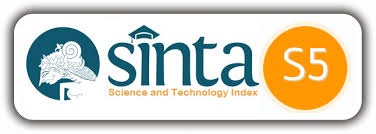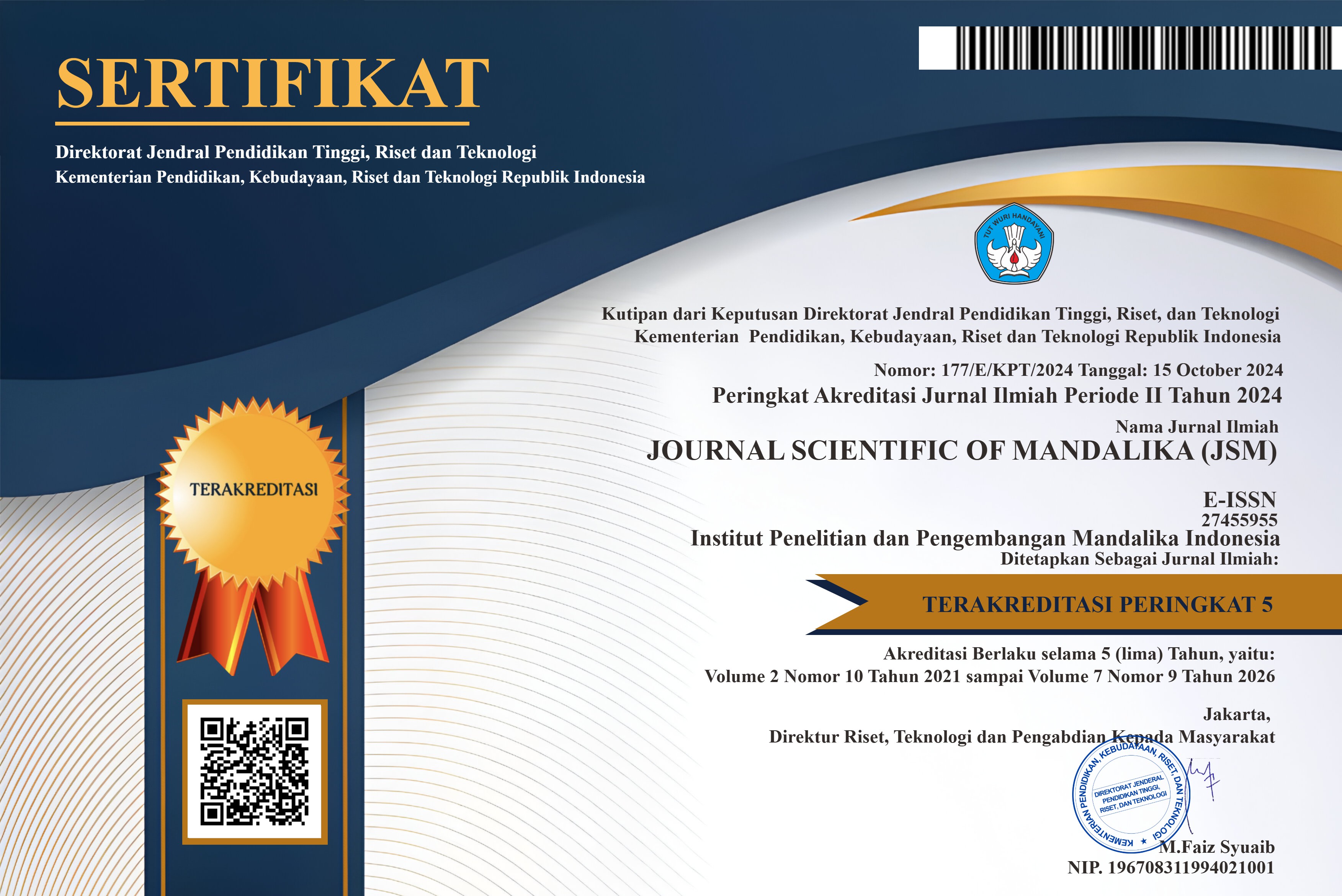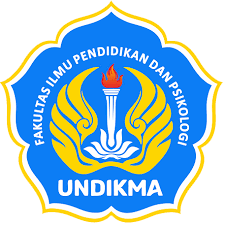Filsafat Pendidikan di Era Digital: Sebuah Pendekatan Kualitatif untuk Membangun Kemandirian Belajar
Abstract
Education in the digital era is experiencing a major transformation along with the rapid progress of information technology, which has not only changed the way we access knowledge but also the way we learn. Digital technology enables faster and broader access to learning resources, creates new spaces for collaboration, and introduces educational platforms that change the dynamics of the traditional classroom. However, even though technology provides convenience, the main challenge that arises is building students' learning independence, namely their ability to manage, assess and utilize information independently. In this context, educational philosophy offers a theoretical framework that can direct learning practices, especially through the flow of pragmatism and constructivism. Pragmatism emphasizes practical experience as the basis of learning, while constructivism focuses on students' active role in constructing their own knowledge. Digital technology, if used wisely, can support both schools of philosophy, providing flexibility in choosing the time and place of study and enabling deeper exploration of knowledge. However, over-reliance on technology can hinder the development of critical and reflective skills that are important in the learning process. Therefore, this research aims to explore the application of educational philosophy in supporting students' independent learning in the digital era, by emphasizing the importance of balance between the use of technology and the development of critical and reflective thinking skills.
Copyright (c) 2025 Adi Suriatno

This work is licensed under a Creative Commons Attribution-ShareAlike 4.0 International License.













